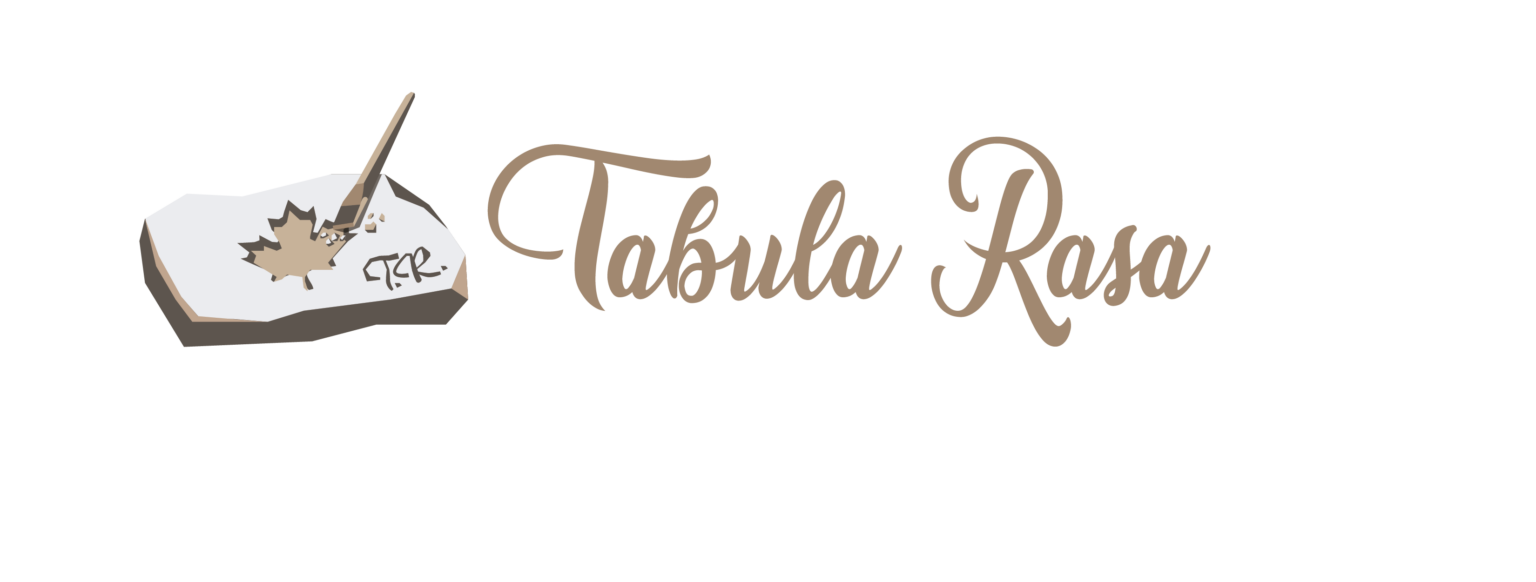In a bid to adjust to the changing subtleties of its labour market and address pressing workforce demands, Canada has recently unveiled significant changes to its Temporary Foreign Worker Program (TFWP). The reforms represent a shift aimed at fostering a more responsive and inclusive immigration system while safeguarding the interests of both Canadian workers and foreign nationals seeking employment opportunities within the country.
The Temporary Foreign Worker Program has long been a key component of Canada’s immigration strategy, allowing employers to hire foreign workers on a temporary basis to fill gaps in the labour market where Canadians are not readily available. However, the program has faced criticism in the past for various reasons, including allegations of displacing Canadian workers, exploiting foreign labour, and exacerbating wage stagnation in certain industries.
Recognizing these challenges, the Canadian government has undertaken a wide-ranging review of the TFWP, resulting in a series of reforms designed to improve its effectiveness and integrity. Among the key changes announced are:
- Restructuring Application Processes: Efforts are being made to simplify and expedite the application process for employers seeking to hire temporary foreign workers. This includes reducing red tape and bureaucratic hurdles, making it easier for businesses to access the talent they need in a timely manner.
- Improved Labour Market Impact Assessments (LMIAs): LMIAs play a crucial role in ensuring that the hiring of foreign workers does not negatively impact the Canadian labour market. The government has committed to strengthening the LMIA process to more accurately assess genuine labour shortages and prioritize the hiring of Canadian workers where feasible.
- Enhanced Protections for Foreign Workers: In a bid to prevent the exploitation of foreign workers, the reforms include provisions for increased oversight and enforcement measures. This includes stricter penalties for employers found to be in violation of labour standards or engaging in abusive practices.
- Greater Flexibility in Work Permit Duration: To provide greater certainty and stability for temporary foreign workers, the government is exploring options to extend the duration of work permits and facilitate pathways to permanent residency for those who wish to settle in Canada permanently.
- Engagement with Stakeholders: The government has committed to ongoing consultation and collaboration with stakeholders, including employers, labour unions, advocacy groups, and foreign workers themselves, to ensure that the reforms are responsive to the needs and concerns of all parties involved.
These reforms reflect Canada’s commitment to nurturing a fair, efficient, and compassionate immigration system that meets the needs of its diverse economy while upholding the rights and dignity of all workers, both domestic and foreign. By striking a balance between addressing labour shortages and safeguarding the interests of Canadian workers, the revamped Temporary Foreign Worker Program aims to contribute to Canada’s long-term economic prosperity and social cohesion.











